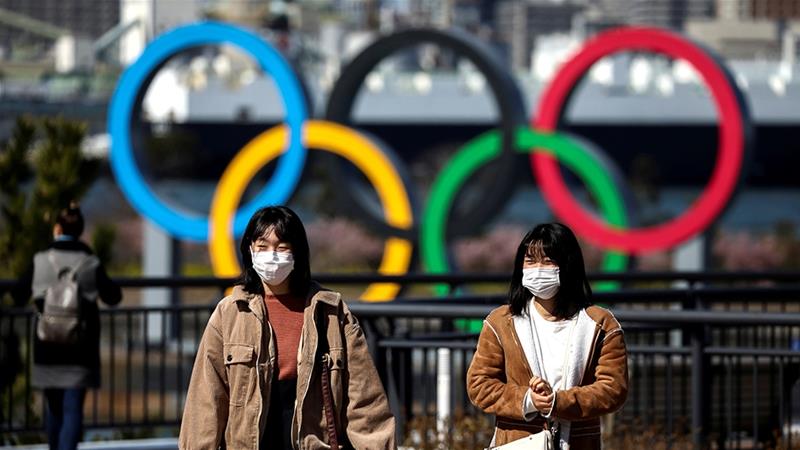Due to the ongoing coronavirus pandemic, the United States Olympic and Paralympic Committee has urged the International Olympic Committee (IOC) to postpone the Summer Olympics in Tokyo.
On Sunday, the IOC said it would decide on postponing the Games or altering them within four weeks.
The Canadaian Olympic committee said it would not send its athletes this summer, while the Australian committee has told its athletes to plan for an Olympics in 2021.
According to surveys, athletes are showing a postponement is the best option because they are facing difficulties in training as nations have imposed strict restrictions on movement, including shutting down gyms and other workout facilities.
On Monday, the United States committee’s chair Susanne Lyons and CEO Sarah Hirshland said in a statement that the committee had made the decision after surveying 1,780 American athletes.
“Our most important conclusion from this broad athlete response is that even if the current significant health concerns could be alleviated by late summer, the enormous disruptions to the training environment, doping controls and qualification process can’t be overcome in a satisfactory manner,” the committee said.
“To that end, it’s more clear than ever that the path toward postponement is the most promising, and we encourage the I.O.C. to take all needed steps to ensure the Games can be conducted under safe and fair conditions for all competitors,” it added.
As the committee has urged for a postponement, there is an increased pressure on the IOC to take action.
Athletes, medical professionals, and others involved in the Olympics are already waiting for a solution and end the suspense. A firm decision from IOC would help medical professionals and governments to start to focus on containing the pandemic instead of worrying about the Games. It will also help ease tensions among athletes.
On Monday, U.S.A. Gymnastics also joined the hands of the nation’s committee, calling for a postponement.
CEO of the U.S.A. Gymnastics Li Li Leung said her organization’s decision was based on a survey of its athletes, in which more than two-thirds of respondents said they would favor delaying the Games for at least three months.
Leung told reporters, “It was really important for us to make sure our athletes’ voices were heard in this,” adding that the “athletes wanted to compete fairly without posing a health risk to others.”
British sports lawyer John Mehrzad said, “The bottom line is if the IOC or Tokyo unilaterally decide to cancel or postpone without agreement, they would be in breach of contract and the potential financial repercussions are just enormous.”
“As every day goes by and they don’t make a decision and other countries pull athletes out and the result of that means they can’t go ahead, then both parties will be delighted because it wouldn’t be their fault,” Mehrzad added. “If people try to sue them, they can blame factors out of control for why it isn’t taking place.”
IOC member Richard Pound said the Games would clearly not start as per the schedule.
“On the basis of the information the I.O.C. has, postponement has been decided,” Pound told USA Today. “The parameters going forward have not been determined, but the Games are not going to start on July 24, that much I know.”























